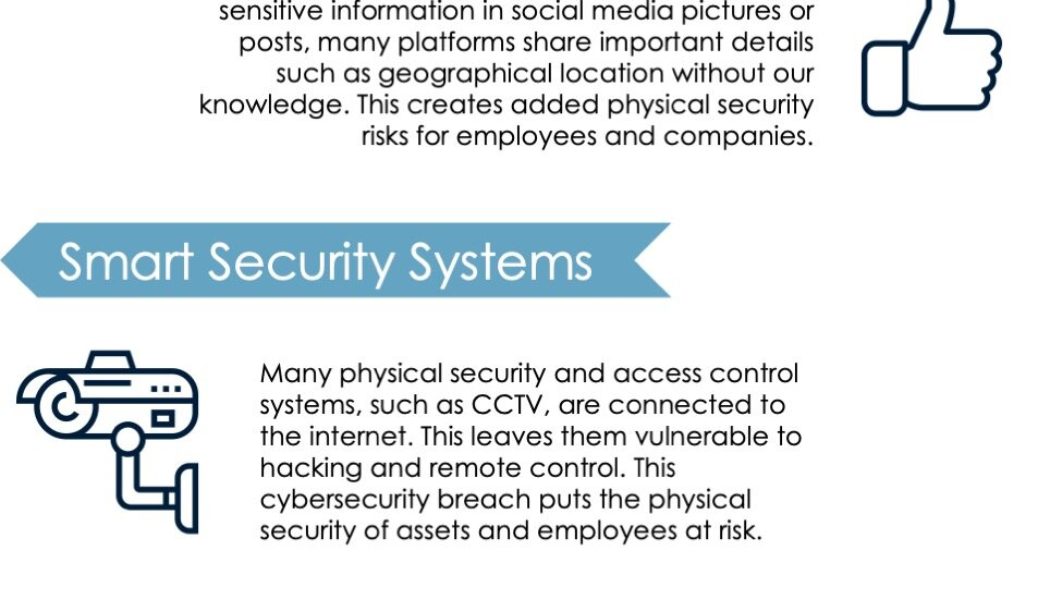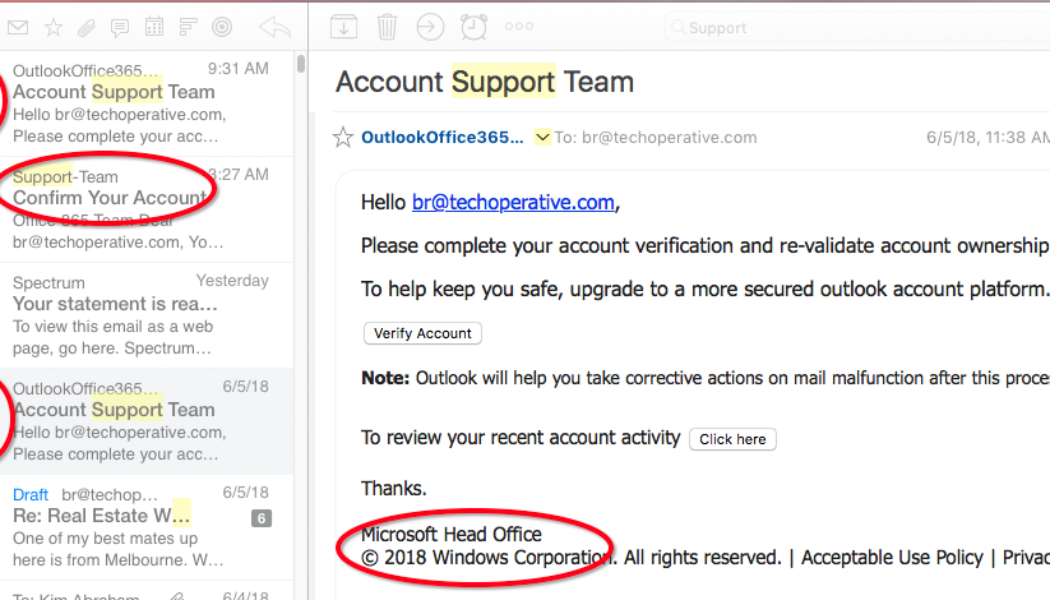Email Scams
How to Secure Your Remote Work Environment from Cybersecurity Threats
Sourced from International IDEA Cybersecurity threats are at an all-time high. With organizations increasingly employing hybrid work models, it has become more vital than ever to educate employees on the various cybersecurity risks that come with a distributed work environment. In a hybrid work environment, employees working from home pose a greater security risk compared to those working at the office. Home networks are less secured than corporate networks, unprotected by in-office firewalls and advanced fraud detection systems. In the comfort of one’s home, a small mistake by an employee could potentially risk the company’s confidential data being leaked. However, risks like data leaks and device compromise can be managed by following certain best practices. Here are some of the practice...
How to Be Safe From the “Reset Password” Email Scam
Image sourced form Broad Media Most online services have built-in security systems that alert employees when the systems detect “unusual” activity on their accounts. For example, legitimate email services or similar will send notifications about attempts to reset the phone number and e-mail address linked to the account, or the password. Of course, as soon as such messages became commonplace, enterprising cybercriminals tried to imitate this mechanism to attack corporate users. As cyberattacks rely on the human factor more often each year, and as cybersecurity technologies progress, such tricks are becoming more and more common and are being registered in multiple mailouts around the world. The scenario is usually as follows: if it’s a public online service attacker it will usually make ev...
Need an Edge to Your Business? Take a Fresh Look At Your Security Strategy
Sourced from International IDEA As we all start to get a better view of what the future might hold, organisations need to look again at their security strategy. But first, we need to take stock. After the initial shock of lockdowns and mass remote working, what have we learned from the past two years as we all attempted to adjust to the new reality? You’re working in a landscape of increasing threats and vulnerabilities The widespread shift to the cloud to support those working remotely has inadvertently created a much larger attack surface. The sheer number of new locations, devices, and networks organisations are managing today alone calls for a security rethink – a need that’s magnified by a year-on-year increase in threats. And the pandemic has magnified the problem, sending a huge wav...













